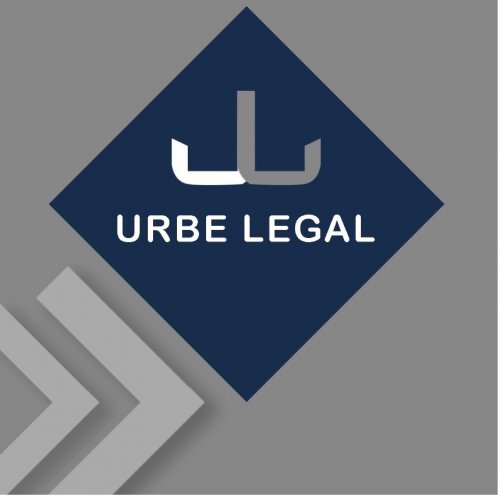Best Land Use & Zoning Lawyers in Coban
Share your needs with us, get contacted by law firms.
Free. Takes 2 min.
Free Guide to Hiring a Real Estate Lawyer
List of the best lawyers in Coban, Guatemala
About Land Use & Zoning Law in Coban, Guatemala
Land Use & Zoning laws in Coban, Guatemala define the regulations and restrictions for the development and use of real estate. They dictate the purpose for which a piece of land or property can be used whether it's residential, commercial, or agricultural purposes, among others. This field of law is also essential in land conservation and shaping urban growth. The re-zoning process and land valuation are pivotal aspects of the law.
Why You May Need a Lawyer
Legal assistance in Land Use & Zoning may be essential in a variety of situations. It's necessary when seeking approval for land developments, consolidating lots for specific uses, or even when neighbors and establishments flout zoning laws. A lawyer can also help you navigate the system if you're planning to challenge zoning decisions, or are facing potential violations. The legal landscape involving property in Coban is complex and requires expert advice to avoid costly errors.
Local Laws Overview
Local laws governing Land Use & Zoning in Coban are multifaceted. They ascertain the type of activities that are permitted on different tracts of land, from residential and commercial, to environmental protection zones. Height restriction laws play a significant part in maintaining the city's aesthetic and heritage value. There are also regulations about the proportion of land that can be built upon, leaving green spaces mandatory in certain areas. Land Use and Zoning laws are enforced by local municipalities and it's crucial to work with a legal expert who understands the idiosyncrasies of Coban's regulations.
Frequently Asked Questions
1. Can I change the zoning of my property?
Yes, you can submit a re-zoning application to the local municipality. However, approval isn't guaranteed as it's subject to various factors; including land use compatibility, environmental impact, and community planning objectives.
2. What happens if a Zoning Law is violated?
Violation of zoning laws can result in penalties such as fines, legal orders to undo unauthorized construction, or even imprisonment in severe cases.
3. Can I dispute a zoning decision?
Yes, zoning decisions can be appealed in court. However, a solid case supported by trustworthy legal counsel is necessary to overturn zoning decisions.
4. How can I find out the zoning of a property?
You can approach the local municipality office, where zoning maps are held. Information on zoning can also be found online.
5. Can a zoning change affect the value of my property?
Yes, a change in zoning laws can significantly affect property value. For instance, if a residential area is re-zoned for commercial use, property values can surge due to increased development potential.
Additional Resources
For more information on Land Use & Zoning laws, the Municipal Office of Urban Planning in Coban is a good starting point. National Institute of Statistics (INE) provides comprehensive data on land use, while the Guatemalan Chamber of Construction (CGC) advocates for real estate development laws and several online resources like ‘Guatemala Legal Guide’ offer ample information on property laws.
Next Steps
If you need legal assistance in Land Use & Zoning, your first step should be to consult a competent local lawyer who specializes in this field. They will guide you through the complexities of Coban Land Use & Zoning laws and provide representation if necessary. You could also contact the Municipal Office of Urban Planning for initial inquiries about your property's zoning designation or potential changes in the area.
Lawzana helps you find the best lawyers and law firms in Coban through a curated and pre-screened list of qualified legal professionals. Our platform offers rankings and detailed profiles of attorneys and law firms, allowing you to compare based on practice areas, including Land Use & Zoning, experience, and client feedback.
Each profile includes a description of the firm's areas of practice, client reviews, team members and partners, year of establishment, spoken languages, office locations, contact information, social media presence, and any published articles or resources. Most firms on our platform speak English and are experienced in both local and international legal matters.
Get a quote from top-rated law firms in Coban, Guatemala — quickly, securely, and without unnecessary hassle.
Disclaimer:
The information provided on this page is for general informational purposes only and does not constitute legal advice. While we strive to ensure the accuracy and relevance of the content, legal information may change over time, and interpretations of the law can vary. You should always consult with a qualified legal professional for advice specific to your situation.
We disclaim all liability for actions taken or not taken based on the content of this page. If you believe any information is incorrect or outdated, please contact us, and we will review and update it where appropriate.








